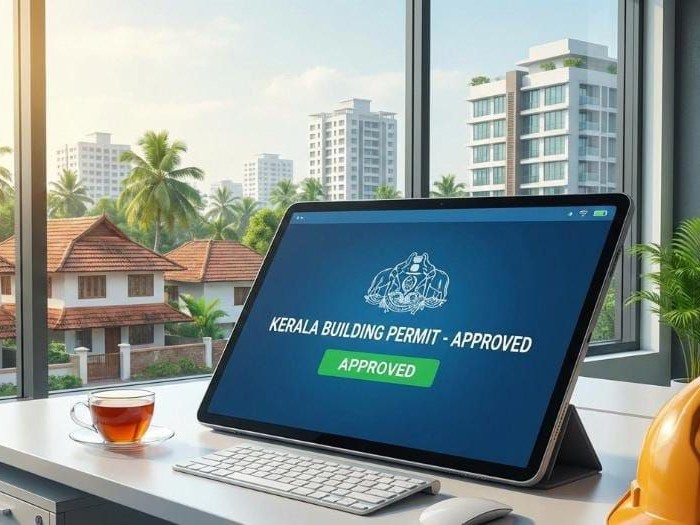PROPERTY LAW

What are the permissions required when one is in the process of acquiring immovable property?
This will depend on the conditions agreed - upon which the payment will be made and the status of the sellers and or the purchaser/s
.If the seller is an Indian national wishing to sell his property to a purchaser who is also an Indian national, and if the sale consideration exceeds the prescribed limit under Chapter XXC of the Income-Tax Act, 1961, the parties to the Agreement for Sale or Memorandum of Sale should be within 15 days of the execution of such Agreement of Sale/Memorandum of Sale file Form 37-I with the Appropriate Authority, within whose jurisdiction the property is situated, for a grant of 'No Objection Certificate'. Form 37-I is to be filed only if the sale consideration exceeds the prescribed limits notified and made applicable to a city to which Chapter XXC of the Income Tax, 1961 is applicable.
After the receipt of the 'No Objection Certificate' under Chapter XXC of the Income Tax Act, 1961 and before executing the Sale Deed, the Seller will be required to obtain clearance certificates under Section 230-A of the Income Tax Act, 1961.
The Clearance Certificate under Section 230A of the Income Tax Act, 1961 is required only if the sale consideration exceeds Rs.5,00,000.
If the buyer is NRI or a Foreign National of Indian Origin (as per qualification), acquires residential/ commercial immovable Property in India from and out of foreign funds, either paid directly or through NRI account, such a purchase is entitled to repatriation of such funds used for purchase after a lock-in period of three years from the date of Sale Deed being executed or possession being taken in part performance, whichever is earlier, provided the Purchaser files for IPI 8 of the Exchange Control Rules within the period of 90 days of the Sale Deed being executed or possession being taken in part performance, whichever is earlier.




